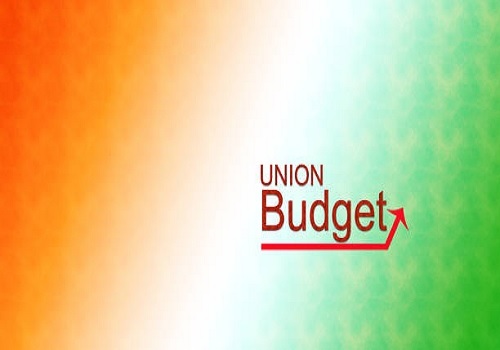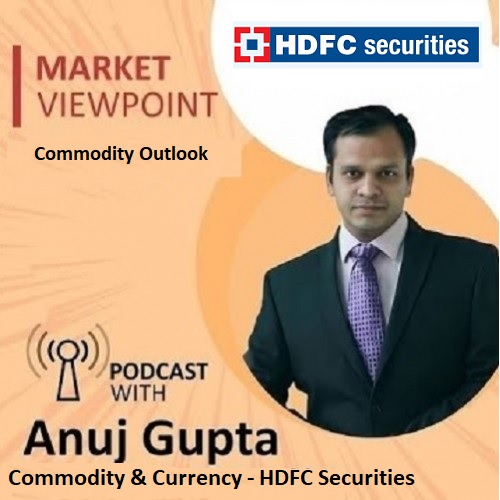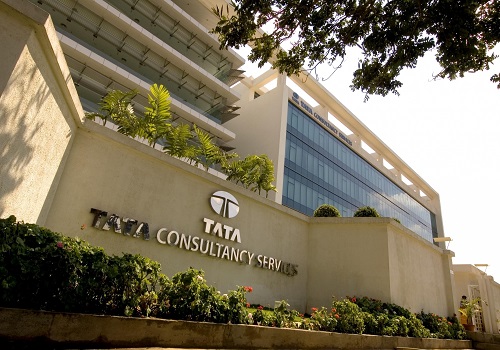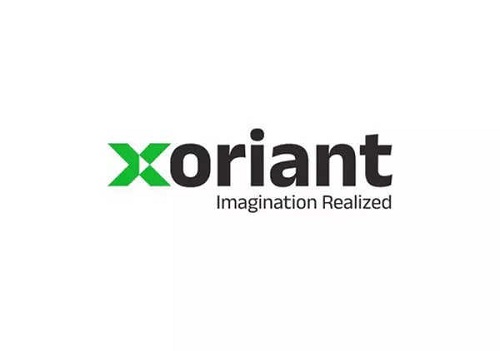Donald Trump`s US election win prompts calls for Indian firms to be cautious on forex risks
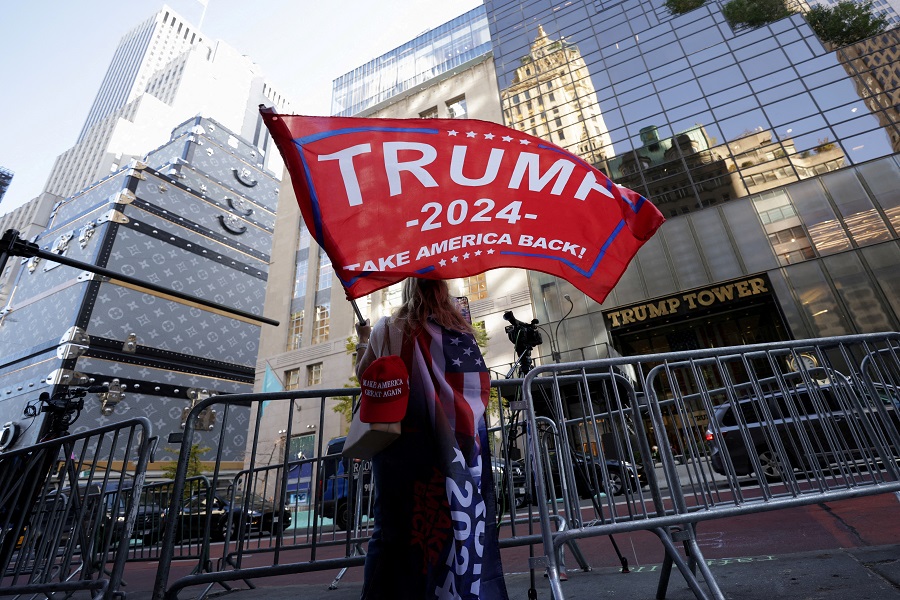
The period of low volatility that the Indian rupee has enjoyed may not last now that Donald Trump is poised to become U.S. president once again, bankers and advisors cautioned, urging companies to manage their forex risks more prudently and proactively.
The rupee dropped to an all-time low of 84.3625 to the U.S. dollar on Thursday, adding to the previous day's losses when the election outcome prompted Asian currencies to plunge.
Investors are dumping Asian currencies, and the dollar is rallying against its major peers on bets that Trump's expected policies of lower corporate tax and deregulation would boost U.S. growth.
In addition, Asian currencies are having to contend with the possibility of Trump raising tariffs, especially on China.
All of this is likely to mean a period of higher uncertainty and volatility for Asian currencies, said bankers, adding that the usually muted Indian rupee will not be immune to the disruptions that Trump's policies are likely to lead to.
The rupee is "likely to enter a period of somewhat increased volatility with the risk of larger moves over the coming months," Abheek Barua, chief economist at HDFC Bank said in a note.
For Indian companies, used to the rupee in a narrow range for extended periods, this will mean an adjustment to the way they manage their foreign exchange risks.
The rupee's 3-month daily realized volatility this year has been in a 1%-2.5% range, way below the 10-year annual average of 5%.
Due to rupee's low volatility, Indian importers have been keeping a relatively low hedge ratio and "were more inclined to wait" till near to the date of payment, a forex salesperson at a mid-sized bank said.
"That may no more be feasible now that the perceived risk has moved," he said.
Companies should be prudent and hedge their near-term risks (for the next 3-6 months), HDFC Bank recommended.
Abhishek Goenka, founder and CEO of forex advisory firm IFA Global, said importers can opt for option hedges vis-à-vis forward hedges, depending on their risk profile.
"For the extremely conservative ones, we are suggesting that if you have confirmed payments to be made, then can consider a combination of options and forwards."



